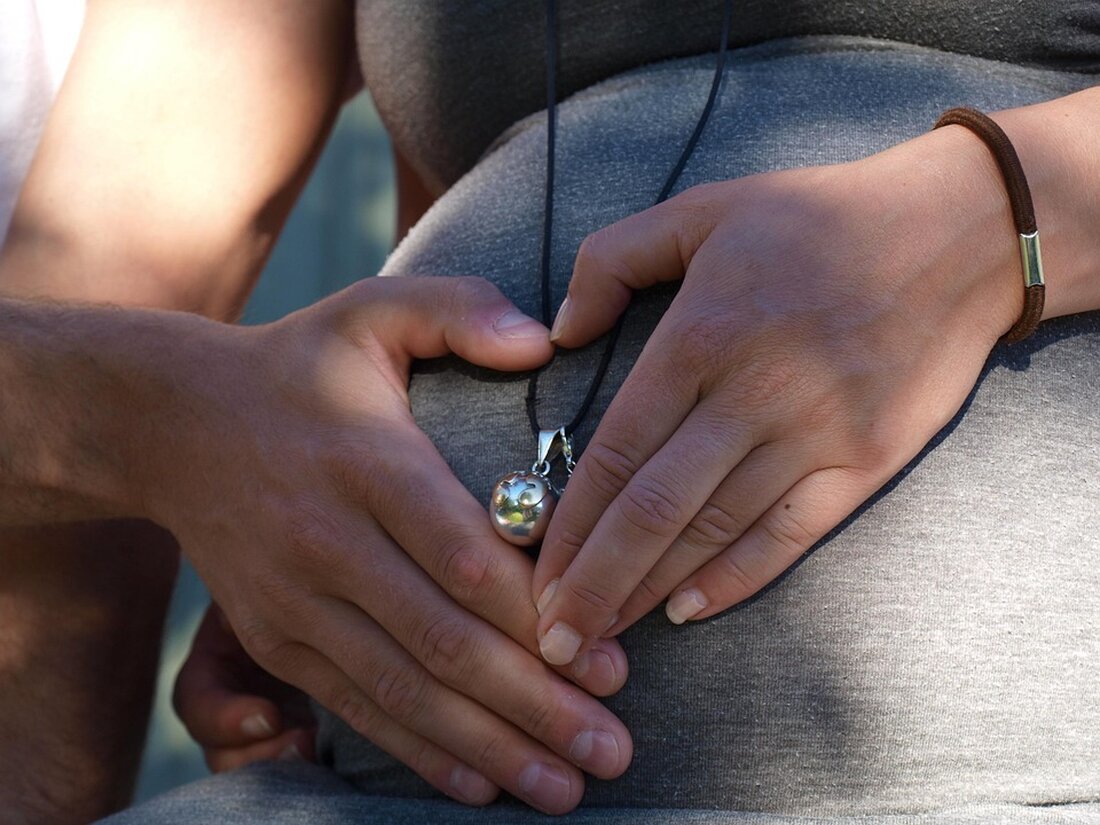What happens now that Trump has rejected Putin?
The article highlights Trump's remarkable turn against Putin and the impact on the Ukraine conflict. What does this rupture mean for U.S. policy and international security?

What happens now that Trump has rejected Putin?
President Donald Trump seems to have learned the hard way what all of his predecessors in the 21st century had to learn: US relations with Vladimir Putin cannot simply be reset. Trump's journey from idolizing the Russian leader to sharply criticizing him has turned out to be a melodramatic game of personalized geopolitics. But what happens next is far more significant.
New opportunities for Ukraine
The president's latest findings offer new perspectives for Ukraine, Putin's critics in Congress and America's under-pressure ally. At the same time, this situation harbors risks — particularly the danger of a power play between the two alpha males, Trump and Putin, who have the largest nuclear arsenals in the world.
Trump and Putin's ruthlessness
Trump always tries to use rhetoric and trade tariffs to up the ante against his foreign friends and enemies. But now he faces a merciless opponent who is raising the stakes not with chatter but with lives, as the increasingly intense drone strikes on Kiev demonstrate.
Given Trump's transactional nature, it is reasonable to wonder how long his hostility toward his former friend in the Kremlin will last. While he speaks of supporting Ukraine's defense, it is difficult to see whether his change in stance corresponds to the billions in military and financial aid to Kiev allocated by the US Congress under the Biden administration.
Trump's new agreements
The president recently told NBC News that he had secured a deal through NATO to supply Kiev with new Patriot missiles, which are urgently needed to deter Russian attacks on civilian targets. “We send weapons to NATO, and NATO pays for them 100 percent,” the president said.
It appears Trump has reached a tipping point. He has moved on from blaming Ukraine, the victim of the war, and is now accusing Russia of unnecessarily prolonging the conflict. The crucial question now is how this shift will affect U.S. policy toward the war and Russia, as well as Trump's own efforts to maintain U.S. leadership and the domestic political environment surrounding Ukraine.
Trump's failed attempts at persuasion
Trump's recent comments that he had had enough of Putin's "nonsense" were a surprise, but quite characteristic of his often crude style of political communication. No one has tried more forcefully than Trump to persuade Putin to end the Ukraine war, which began with an illegal invasion in 2022. He has praised the Russian leader's intelligence and strength for years.
But even as Trump raged against Ukrainian President Volodymyr Zelensky upon his return to office, Putin rejected all the generous terms for a ceasefire and a possible peace deal. It is important to note that Putin's motives are a crucial consideration here.
Putin's long-term vision
The Russian leader sees the conflict as a correction of a historical wrong. From a Western perspective, Putin may have made a massive politically self-inflicted misinvestment — the opportunity for a U.S.-backed peace deal that would have cemented the territorial gains of his invasion and imposed a NATO membership ban on Ukraine.
Trump, who for years thought he could convince Putin with a “deal,” may have been wrong. After hundreds of thousands of Russian casualties, this war could be existential for Putin. Numerous US and European observers have tried to convince Trump of this point of view for years. It's almost astonishing that it took Trump so long to get to this point.
Outlook on Trump's future strategies
Trump has spoken in recent days about the humanitarian impact on Ukrainians and praised the bravery of their armed forces. But whether he is willing to commit to Zelensky's government in the long term may depend on whether he is just angry at Putin for denying him a deal that could have turned Trump into a peacemaker, or whether he is taking a strategic position on the war itself.
In recent weeks, the geopolitical background of the Ukraine conflict has changed. Trump could potentially find himself in a bind if tensions between the White House and the Kremlin rise. There is a risk of escalation as both leaders seek to live up to the credibility capital they have invested in the relationship. Ultimately, it remains to be seen whether Trump's change in dealing with Putin will also affect his overall diplomatic strategy.

 Suche
Suche
 Mein Konto
Mein Konto